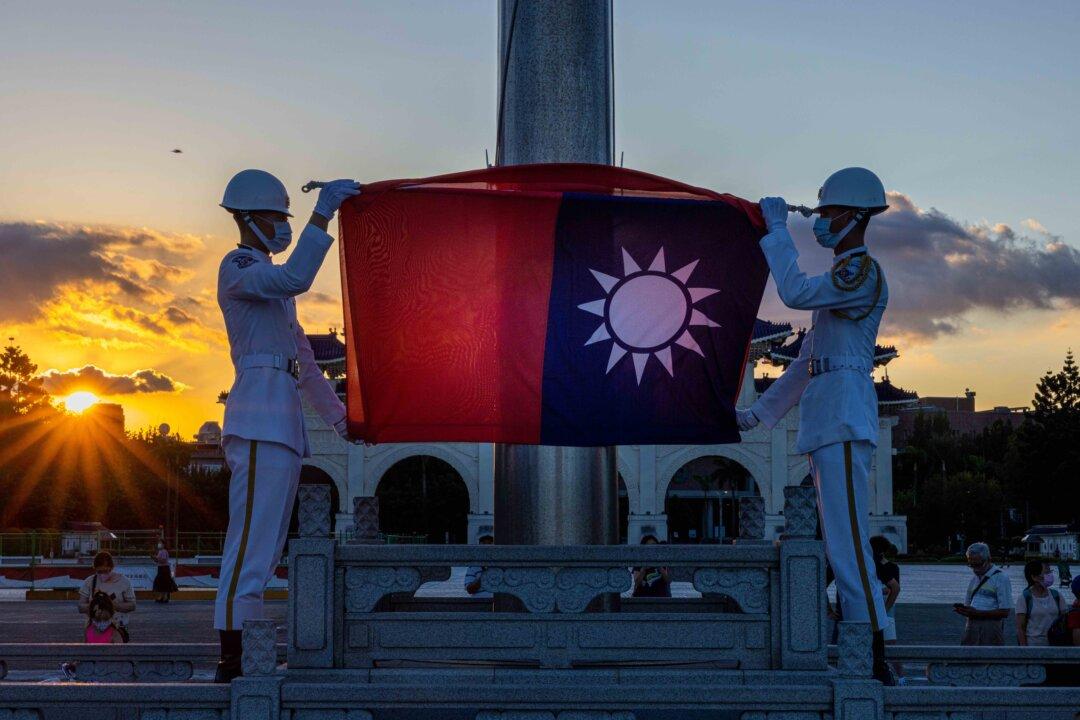WASHINGTON—A congressional resolution that would formally recognize Taiwan’s independence has earned 50 cosponsors for the first time.
The resolution, introduced by Rep. Tom Tiffany (R-Wis.) earlier this year, seeks to resume formal diplomatic relations with Taiwan and end the United States’s “One China” policy.




